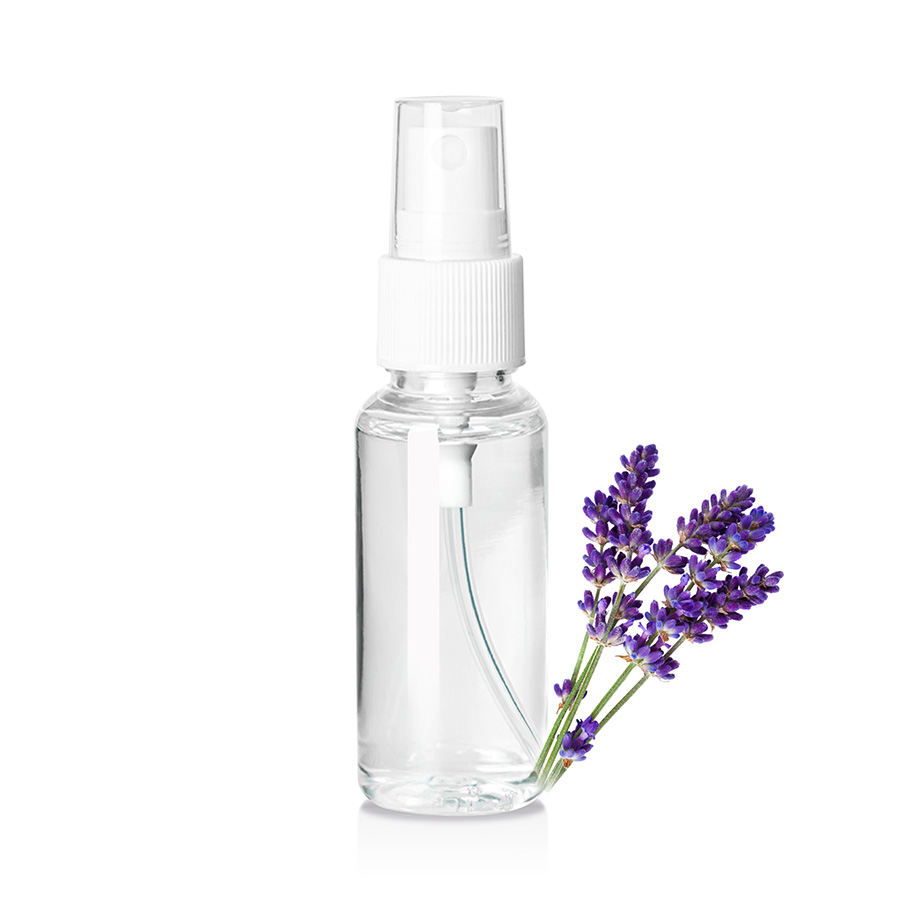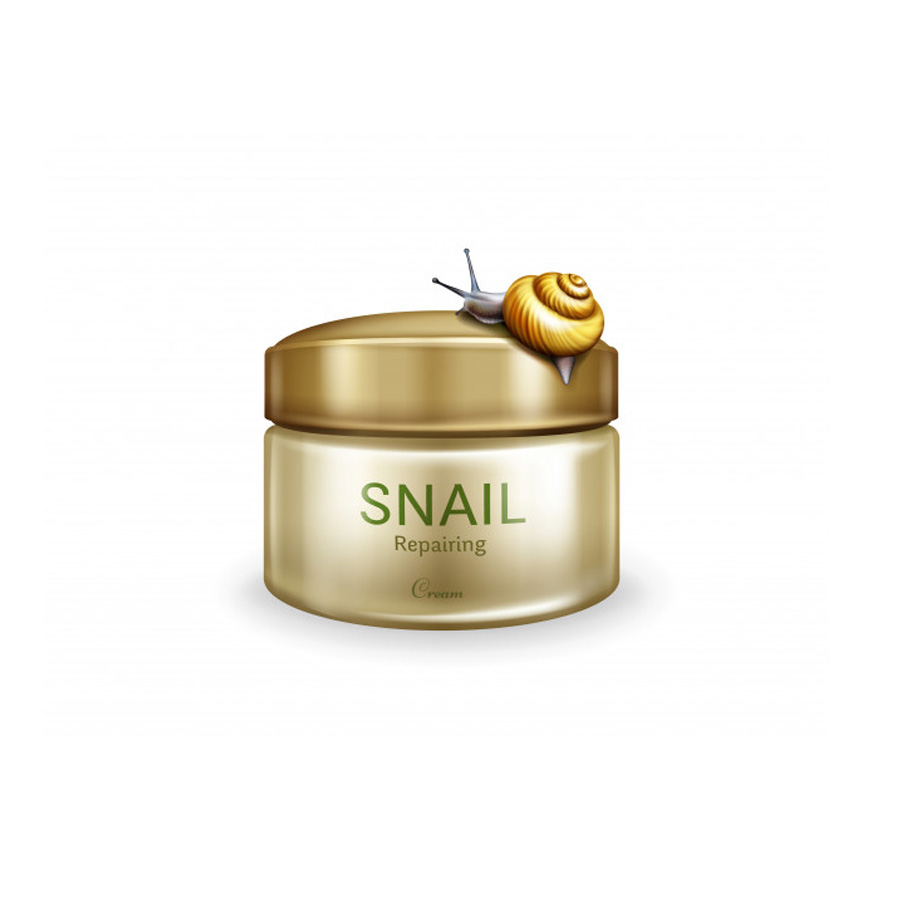Description
The cultivation of roses for the production of rose water and rose oil began in ancient India and Egypt. In the 10th century, the Arab physician Avicenna was the first to use rose water obtained by steam distillation.
The ancient Romans used it as an air freshener, and in the Middle Ages, it became a popular means of relieving depression, used in bathing.
Rose water is obtained by distilling the flowers of oil-bearing roses, mainly Damascene rose, and is popular for its aroma, antiseptic and antibacterial properties.
Rose water is rich in flavonoids and vitamins, including A, C, D, E, and B3, which are important for the appearance and strength of skin and hair.
Effects:
- Anti-inflammatory, anti-allergic and emollient
- Slightly antiseptic
- Stimulates regenerative processes
- Tones and refreshes the skin
- Improves blood circulation and maintains the water balance of the skin
- Local analgesic
- Removes nervous strain. It acts as an antidepressant and aphrodisiac
- Flavoring
How to use:
- Cleansing all skin types.
- Toning and soothing facial skin after shaving;
- Compresses for inflammation of skin rashes
- Inhalations with rose water increase the tone of the body, eliminate headaches, calm the nervous system










Reviews
There are no reviews yet.